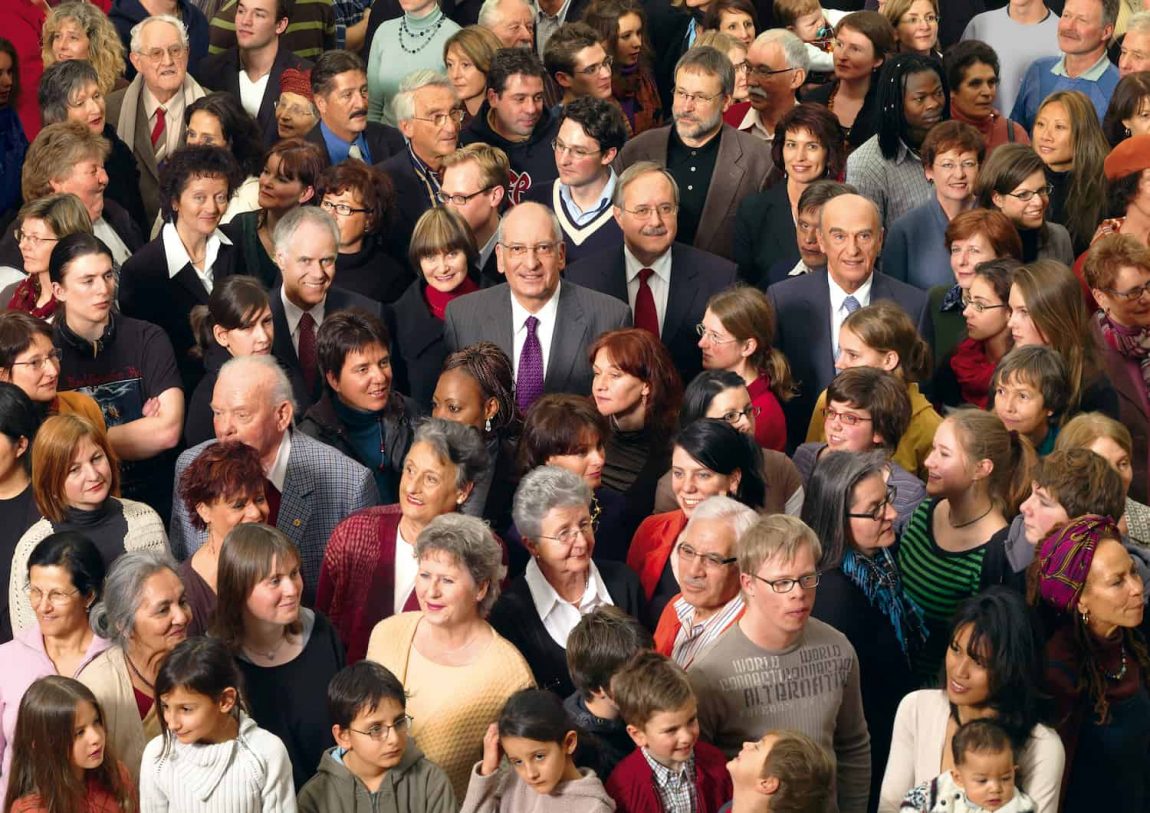Key Takeaways: Exploring the Swiss People
- Diverse Heritage: The Swiss population is a unique blend of various ethno-linguistic groups, including Swiss Germans, French-speaking Swiss (Romands), Italian-speaking Swiss, and Romansh speakers, each contributing to the rich cultural tapestry of Switzerland.
- Cultural Integration: Despite the linguistic and cultural diversity, Switzerland stands as a successful example of integrating a multiethnic populace into a unified national identity.
- Citizenship Complexity: Swiss citizenship intricately ties to cantonal citizenship, highlighting the importance of local identities within the national framework.
- Historical Evolution: From its roots in the early modern Swiss Confederacy to a modern state, Switzerland’s history is marked by a unique journey of nation-building that emphasizes local autonomy and communal identity.
- Genetic Diversity: The genetic makeup of the Swiss reflects the crossroads of Europe, with a variety of haplogroups indicating a rich history of migrations and settlements.
The Intriguing Mosaic of the Swiss People
Imagine sitting in a cozy café in the heart of Zurich, sipping on a hot Schümli Pflümli, as the lively chatter in Swiss German fills the air. Nearby, a group of tourists converse in French, their laughter echoing the vibrant diversity that defines Switzerland. This scene captures the essence of the Swiss people – a fascinating amalgam of languages, cultures, and traditions.
A Melting Pot of Languages and Cultures
Switzerland is a land where four national languages coexist in harmony. The Swiss Germans, with their Alemannic dialects, remind me of a visit to Bern, where conversations felt like a melodious song, rich in history. The Romands, speaking Swiss French, paint a picture of Geneva’s elegant streets, where the language flows as smoothly as the Rhône river. In the sunny canton of Ticino, the Italian-speaking Swiss carry a piece of Italy in their hearts, their language as warm as the Mediterranean sun. And let’s not forget the Romansh speakers, guardians of a rare linguistic treasure, adding to the nation’s colorful tapestry.
More than Just a Country
Switzerland’s identity transcends typical nation-state boundaries. It’s a Willensnation – a nation by choice, bound not by a singular ethnic identity but by a collective will to coexist. The Swiss Confederacy, with its cantons proudly waving their flags, is more than a country; it’s a celebration of unity in diversity.
The Heartbeat of the Alps
The Alps are not just mountains; they’re the heartbeat of Swiss identity. From the nostalgia of Swiss mercenaries pining for their alpine home to the serene beauty of the mountains that have shaped the Swiss character, the Alps are omnipresent in the Swiss soul.
A Unique Approach to Citizenship
Swiss citizenship is a curious blend of local and national identities. Your canton is not just a place of residence; it’s a part of who you are. This deep-rooted local pride is evident in the lively cantonal festivals, where traditions are passed down through generations, each canton telling its own story.
A Genetic Crossroads
Switzerland stands at a genetic crossroads, reflecting the migrations and historical movements across Europe. The varied haplogroups tell tales of ancient settlers and nomads, each strand of DNA weaving into the rich tapestry of Swiss heritage.
Frequently Asked Questions
1. What are the main language groups in Switzerland?
- The main language groups are Swiss German, Swiss French (Romands), Swiss Italian, and Romansh.
2. What makes Swiss nationality unique?
- Swiss nationality is unique in its strong ties to cantonal citizenship, emphasizing local identities within the national framework.
3. How does Switzerland manage its linguistic and cultural diversity?
- Switzerland successfully integrates its diversity through a decentralized political structure, celebrating regional languages and cultures while fostering a unified national identity.
4. What is the significance of the Alps in Swiss culture?
- The Alps play a central role in shaping the Swiss national character, symbolizing beauty, nostalgia, and a deep connection to the natural landscape.
5. How diverse is the genetic makeup of the Swiss people?
- The Swiss genetic makeup is diverse, reflecting the country’s history as a crossroads of Europe and the varying haplogroups from different migratory and settlement patterns.





